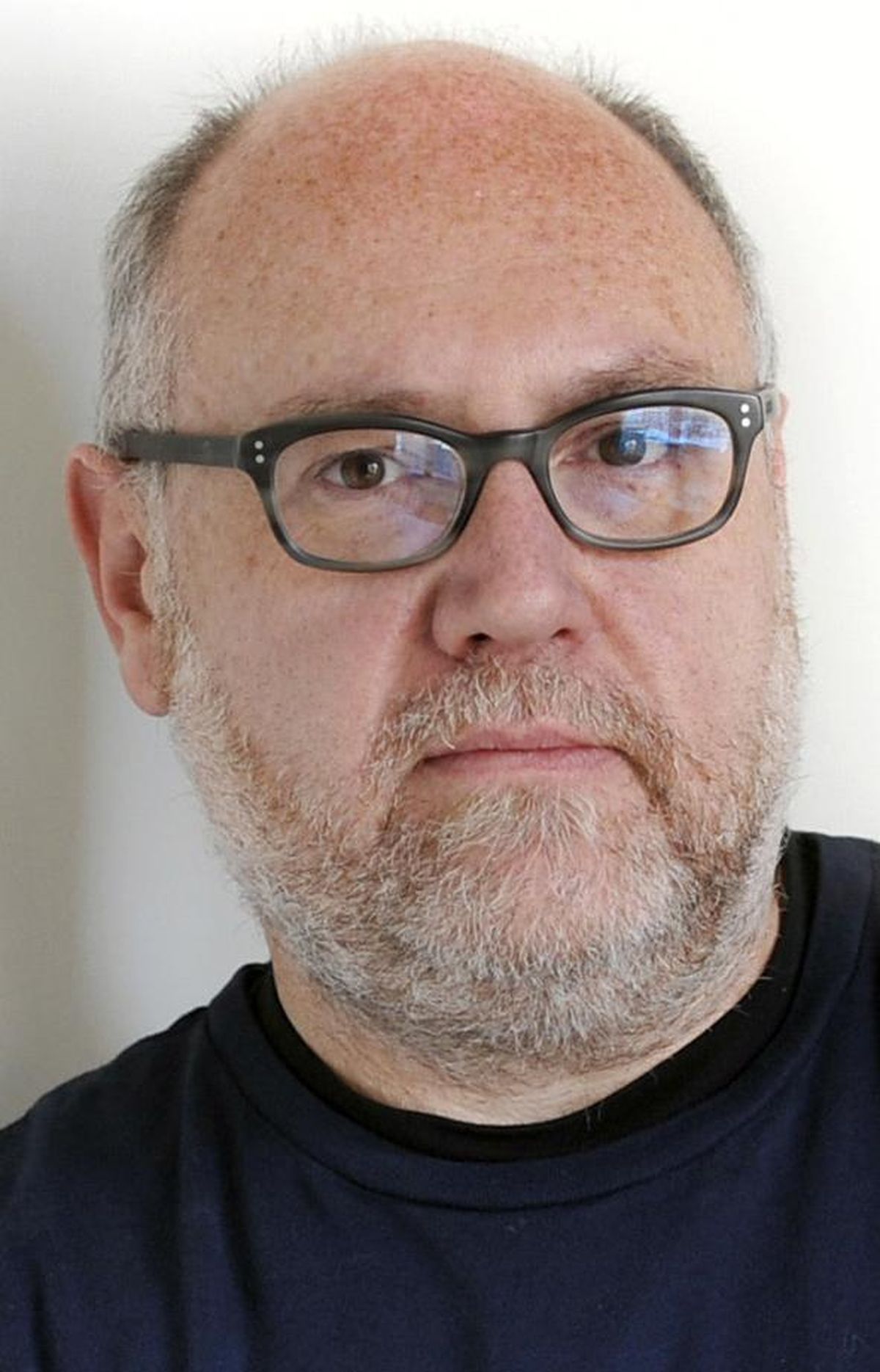This column reflects the opinion of the writer. Learn about the differences between a news story and an opinion column.
Shawn Vestal: Feds retreat from police reforms leaves Spokane without confirmation of major progress

Four years ago, Spokane entered an unusual, cooperative arrangement with the Department of Justice to re-evaluate the way our police department does business.
It was a signal part of the city’s commitment to police reform in the wake of the Otto Zehm case, and it preceded a lot of positive changes.
All that remains is for the Spokane Police Department to receive its final grade – the assessment of the Office of Community Oriented Policing Services on how well the SPD has done on meeting recommended changes.
But it turns out that Spokane won’t get that final grade, as the Trump administration retreats from police reform efforts. The work is done, city officials say, and the recommendations have been met, but COPS has notified the city that it will not be producing a final report.
It may seem like a technicality at this stage, but a stamp of approval from the program would have provided an independent, outside affirmation of the consensus view among local officials that the SPD has come a long way in terms of transparency, oversight and community relations.
“We were actually done” addressing the recommendations, Chief Craig Meidl said Tuesday. “We were waiting for a final report last summer.”
Meidl emphasized that the elimination of the COPS program doesn’t change or undo anything at SPD, which has expanded training for critical incidents, de-escalation and implicit bias.
“This does not change anything we’ve implemented,” he said.
Attorney General Jeff Sessions announced last week that he was eliminating the COPS program, part of an effort to undo Obama administration efforts to investigate local police departments and issue public reports. Eliminating the COPS program and moving its responsibilities to the DOJ’s civil rights division was intended “to better align the program with the principles outlined by the Attorney General in support of local law enforcement,” according to a DOJ news release. It will refocus resources on providing assistance and training, rather than investigating departments.
Police watchdogs said it was a disappointing departure from the commitment to examine problems in local departments, recommend improvements and help rebuild trust between police and community members. Among the 14 cities where COPS efforts will end: St. Anthony, Minnesota, which entered its COPS agreement following the Philando Castile shooting.
Spokane’s involvement in the program has been an important part of the long road out of the Otto Zehm mess. COPS officials conducted an 11-month review of the SPD’s use of force practices and policies, beginning in February 2013. That effort coincided with other reforms, including a mayor’s Use of Force Commission, which also recommended a slate of reforms in 2012.
The COPS report in 2014 concluded that SPD officers “do not routinely and deliberately engage in excessive use of force or deadly force,” and that there was not an indication of bias in uses of force. Still it recommended changes in policies and practices, investigations into use of force, the role of the ombudsman office, and ways to improve “the SPD’s organization’s culture as it relates to use of force.”
Since then, the SPD has engaged in new training for critical incidents, begun wearing body cameras, expanded community outreach and taken many other steps. In other words, Spokane has come a long way, in terms of police oversight and accountability. Even without a final report, city officials said, the process produced a lot of improvements.
“There was a lot of great progress and a great benefit from going through the process,” said city spokesman Brian Coddington.
City Councilman Breean Beggs agreed. Beggs represented the Zehm family in its lawsuit against the city, and he said the changes in the department have been dramatic.
“The defensiveness that greeted me when I first started representing Otto Zehm’s family is just not there anymore,” he said.
Beggs said that Spokane drew almost all the benefit it could from the COPS program, and that the end of it will have a bigger effect in cities that were just getting started. Here, he said, most of the goals and recommendations had been met, and the city was awaiting final sign-off from the DOJ.
For all the progress, the end of the COPS program likely marks the end of one of the central recommendations sought by reformers here: an evaluation of the department’s culture.
The city’s Use of Force Commission urged a “culture audit” that would lead to improvements in “professionalism, transparency, public mindedness, and generosity of service, especially towards community members from marginalized populations.”
This has never happened. There was foot-dragging on this recommendation early on, even as the SPD touted many changes, and members of the Use of Force Commission later called for the city to take it up again. Eventually, the city commissioned a report that was limited and deeply disappointing.
Instead of an attempt to get to grips with the attitudes the commission saw as problematic, the report primarily compiled officer grievances about the difficulties of their jobs and the need for more cops.
With the program gone, it’s hard to imagine that it won’t just fade away.
However, in the context of the larger, more widespread efforts, this may be picking a nit. Four years after the city invited the feds in to examine the police department, the department has done a lot of homework.
